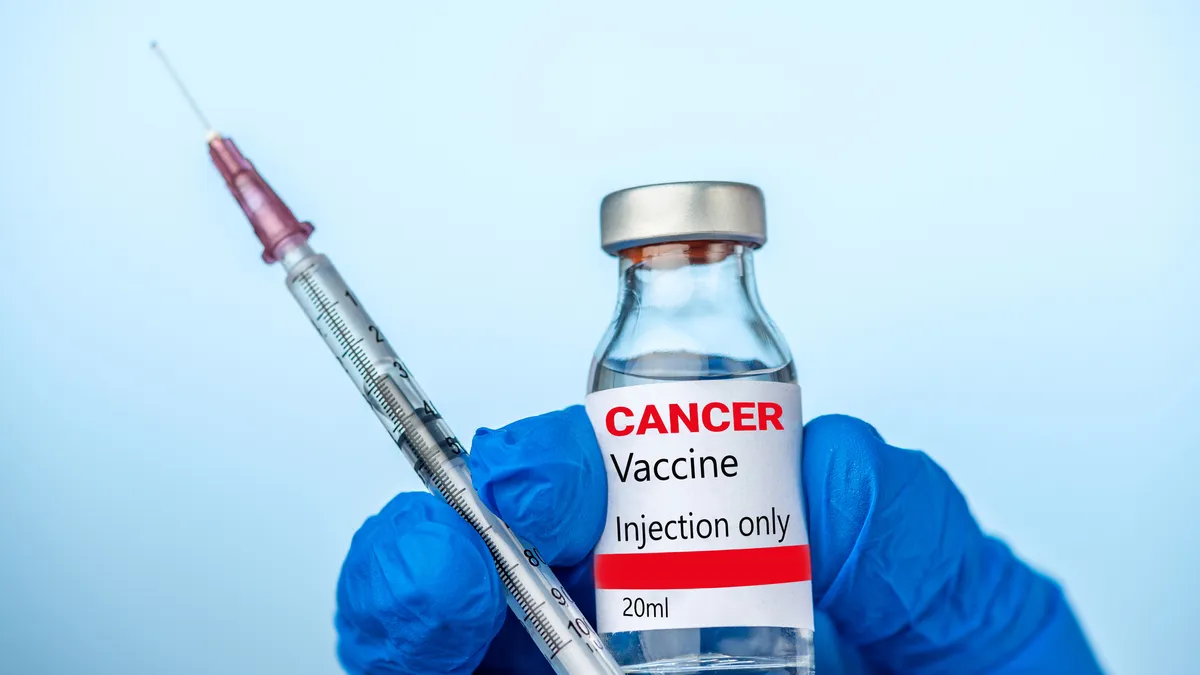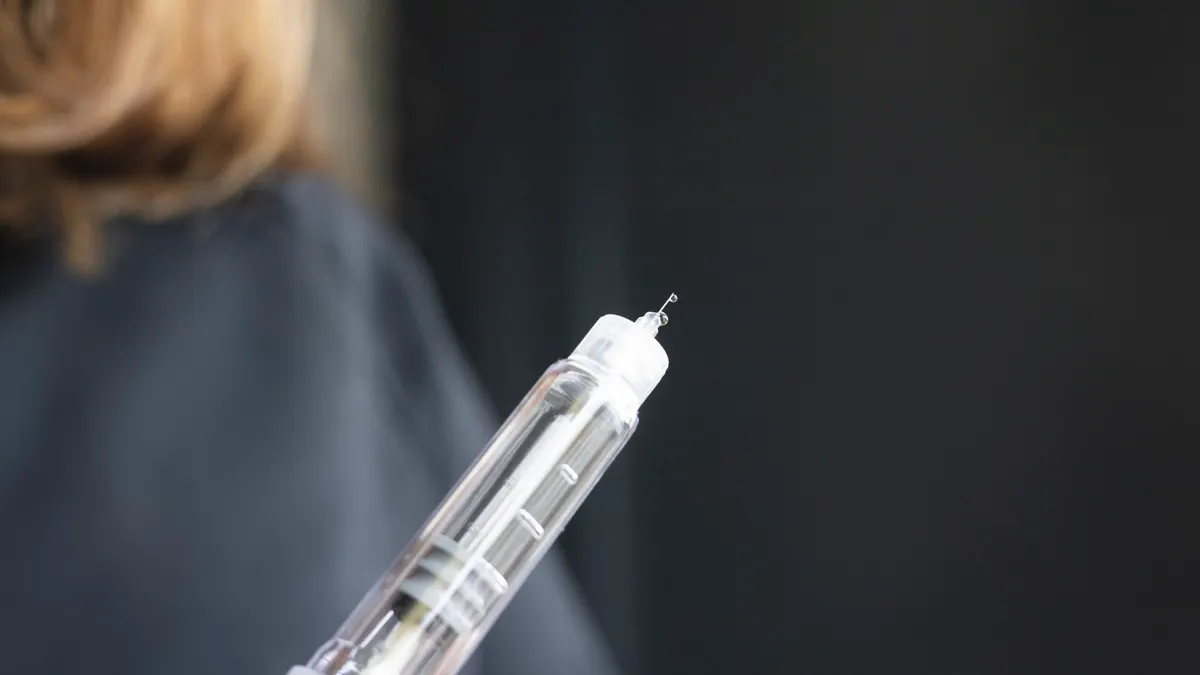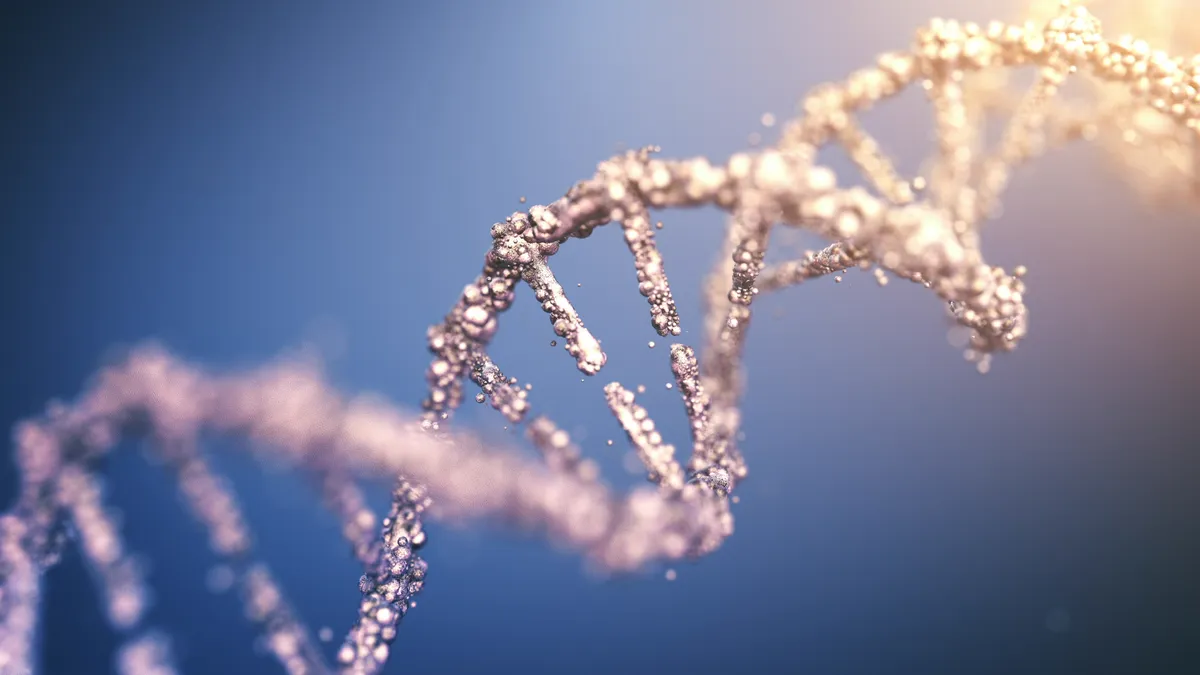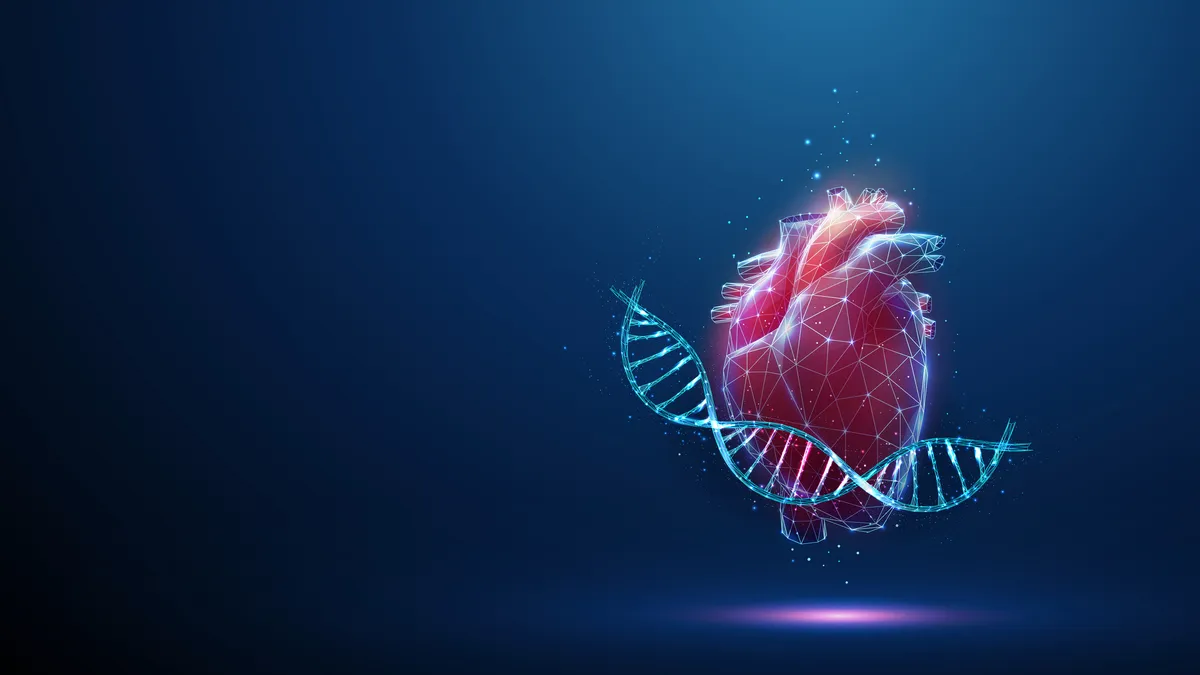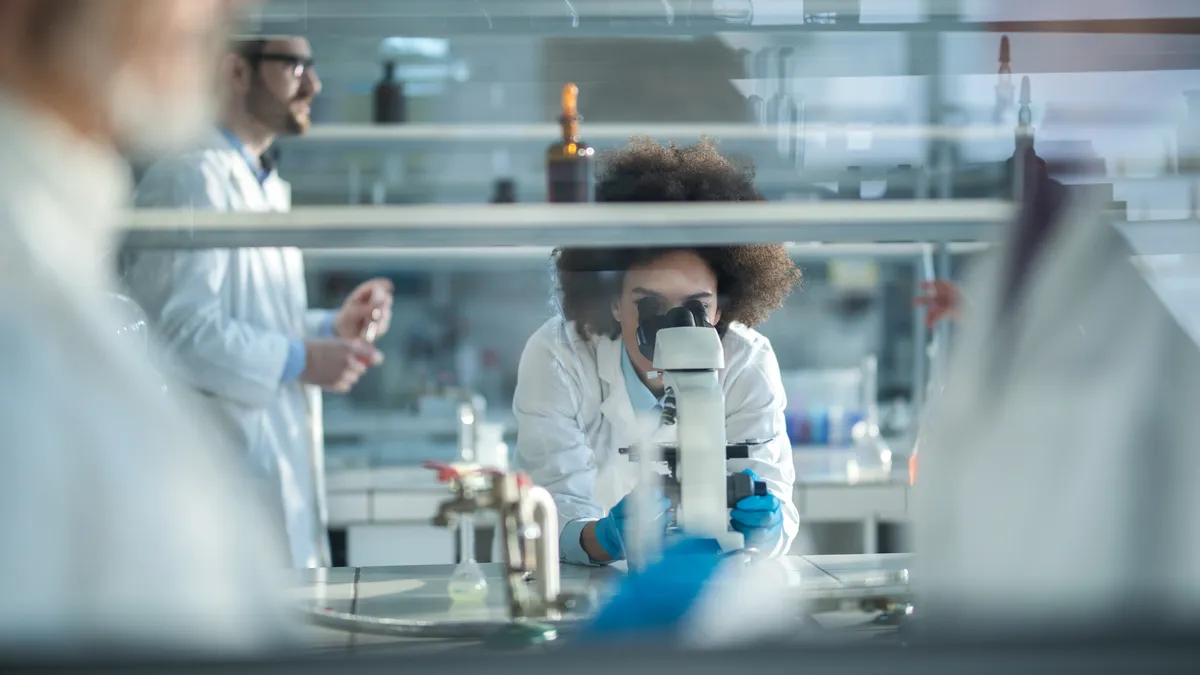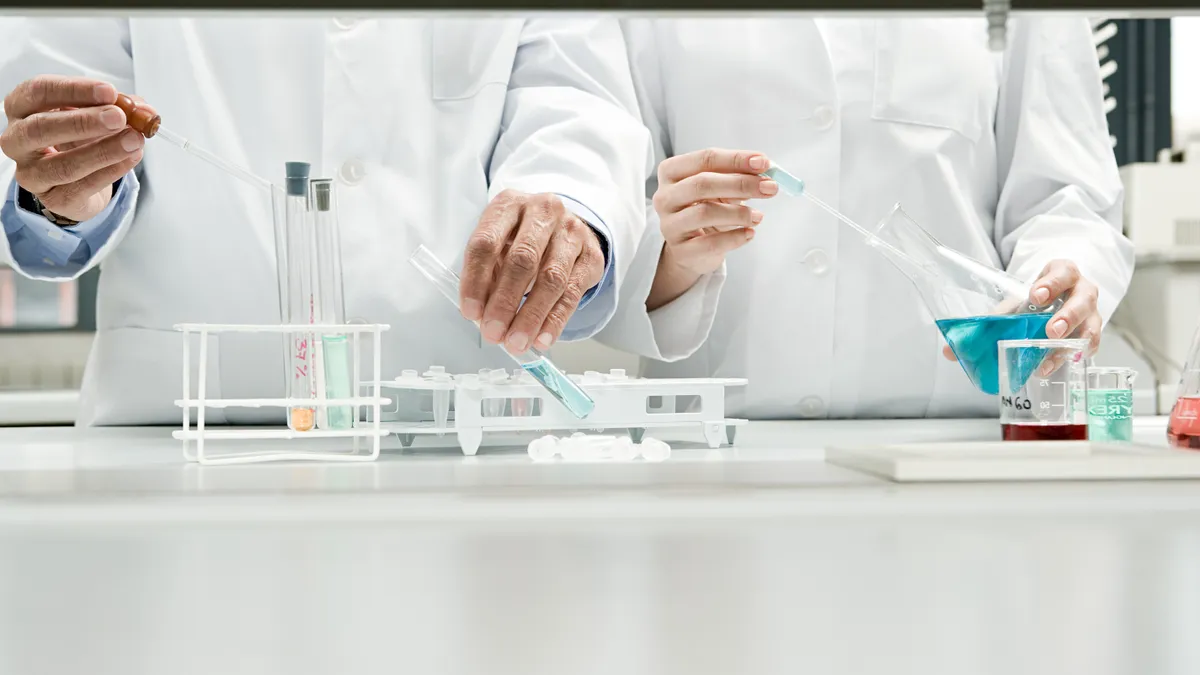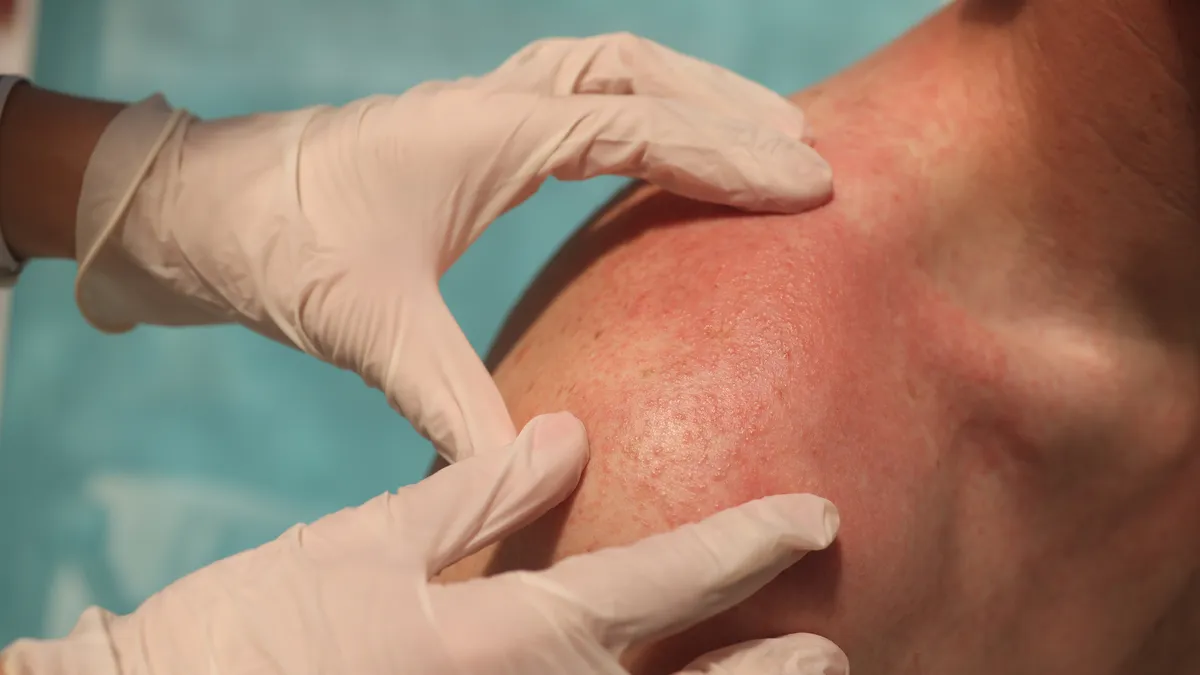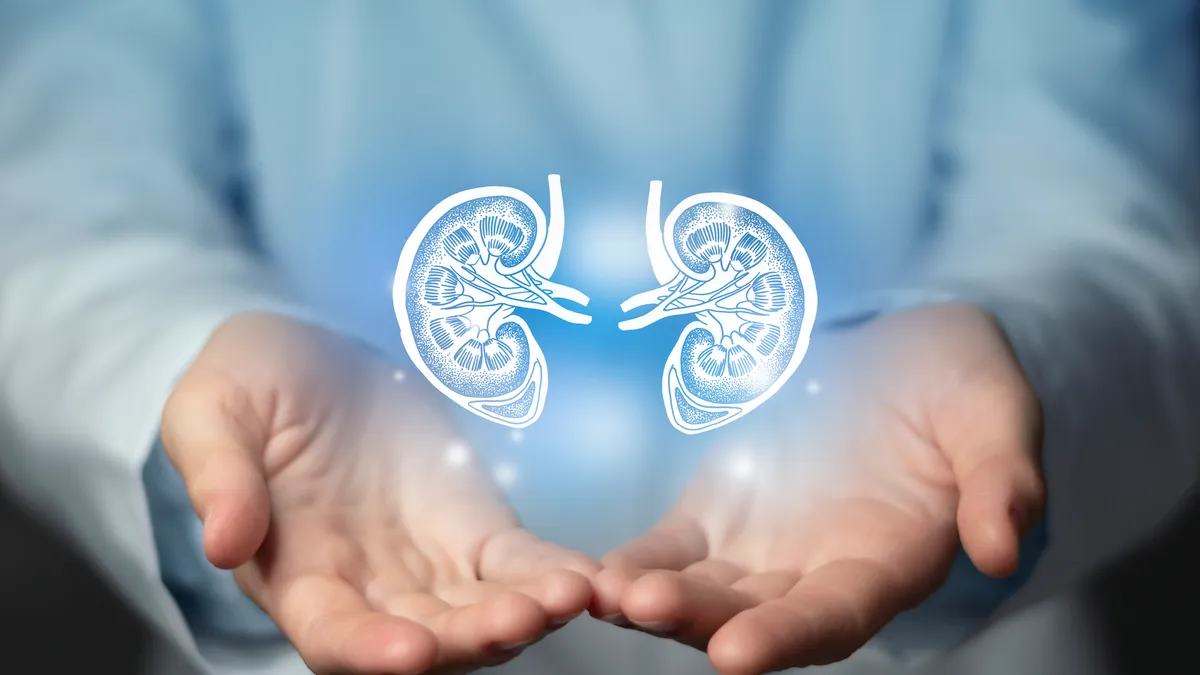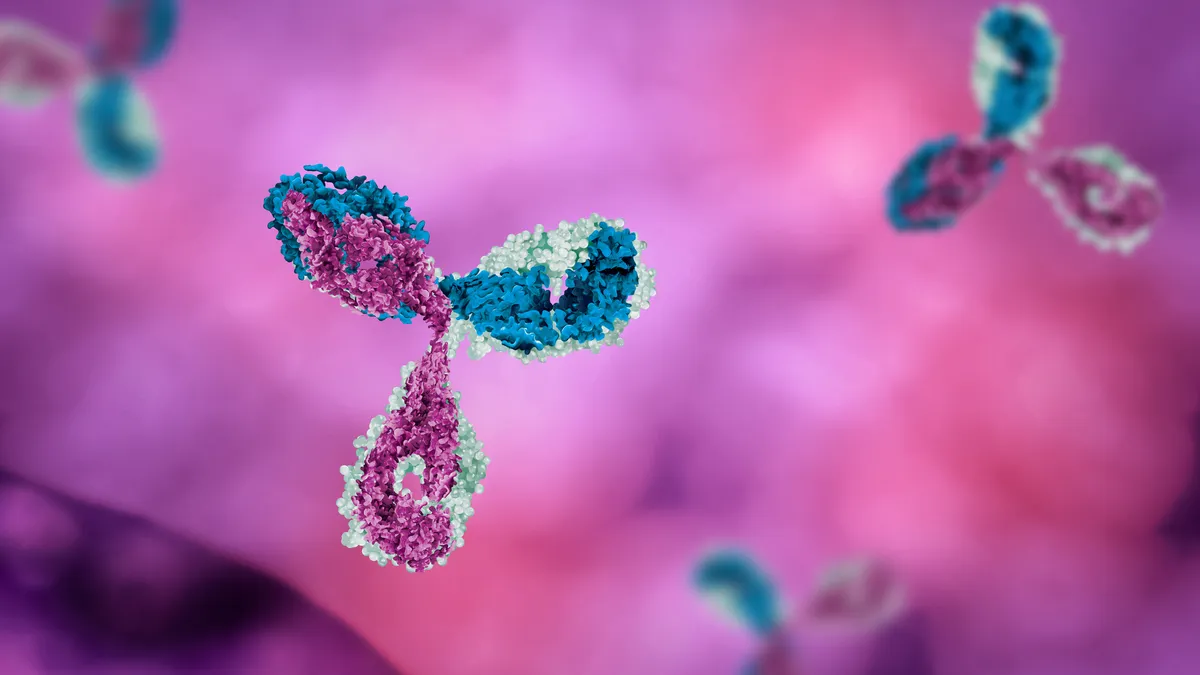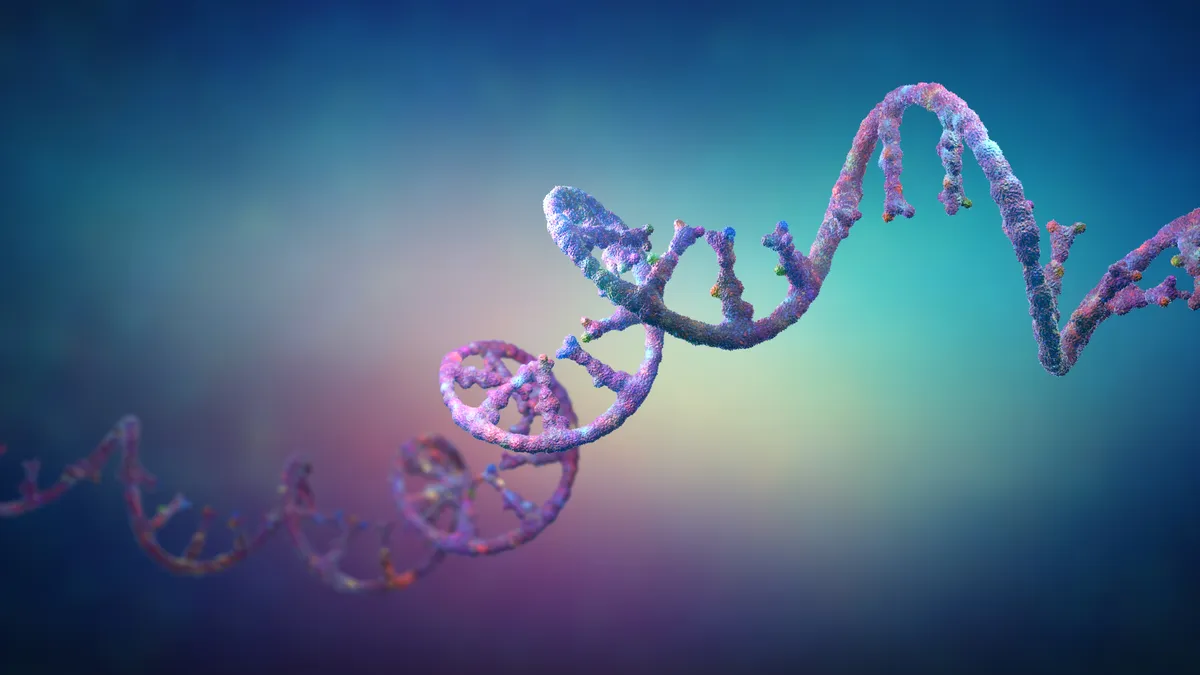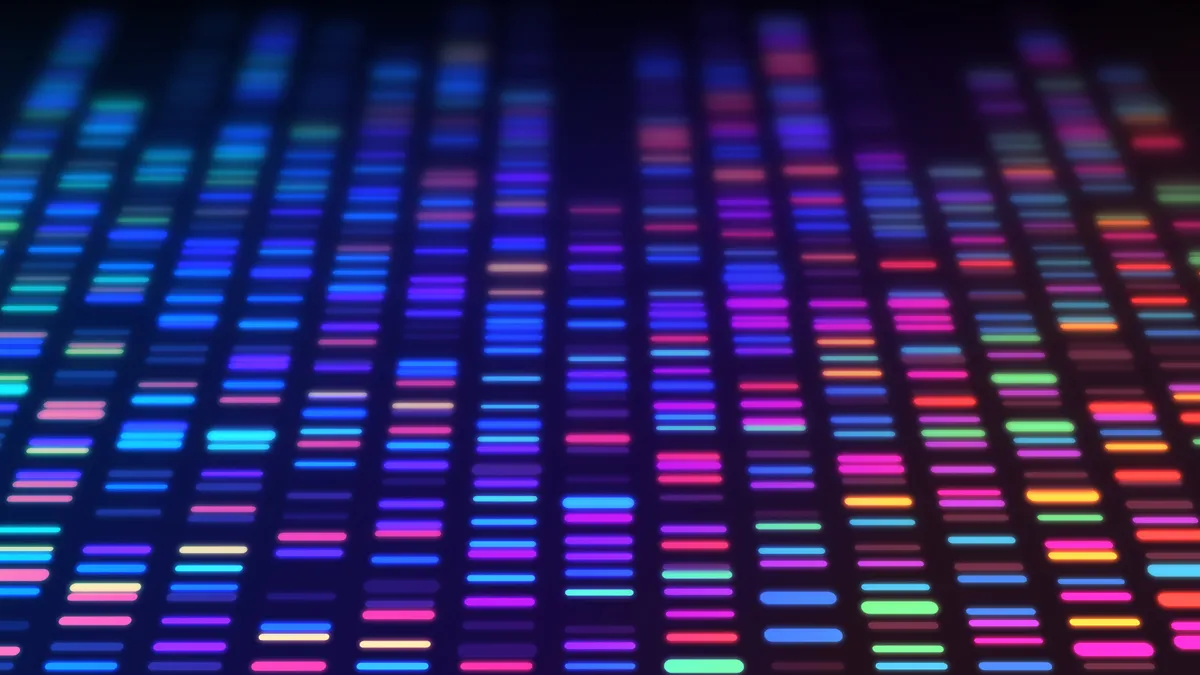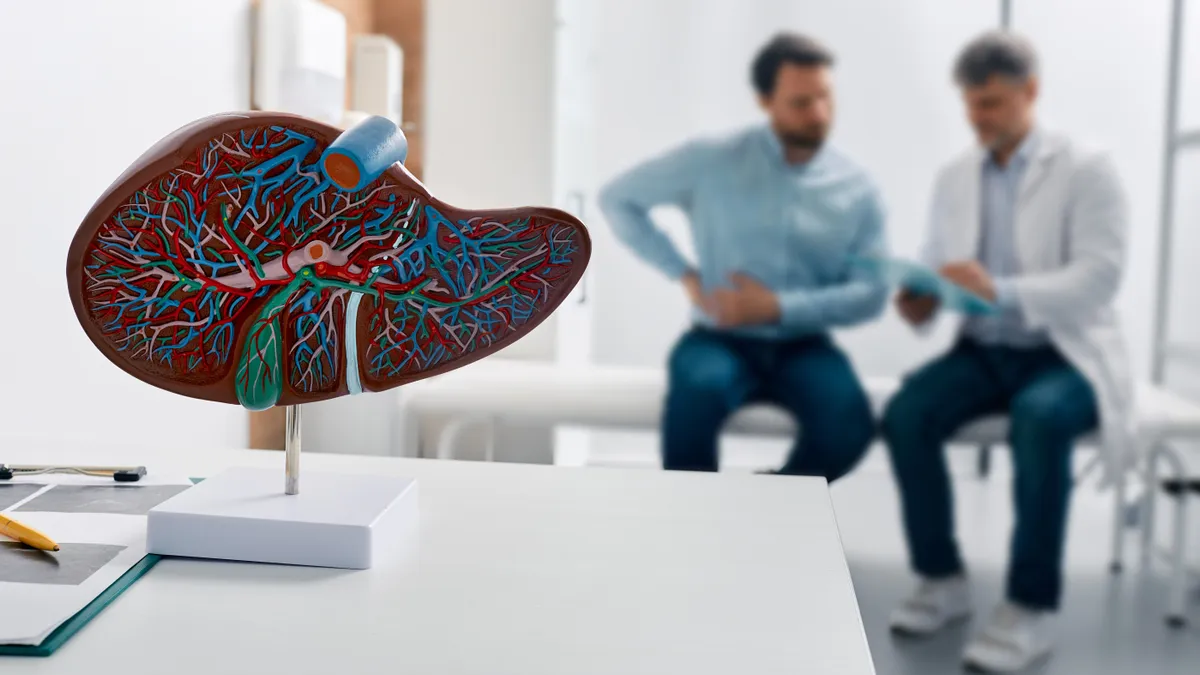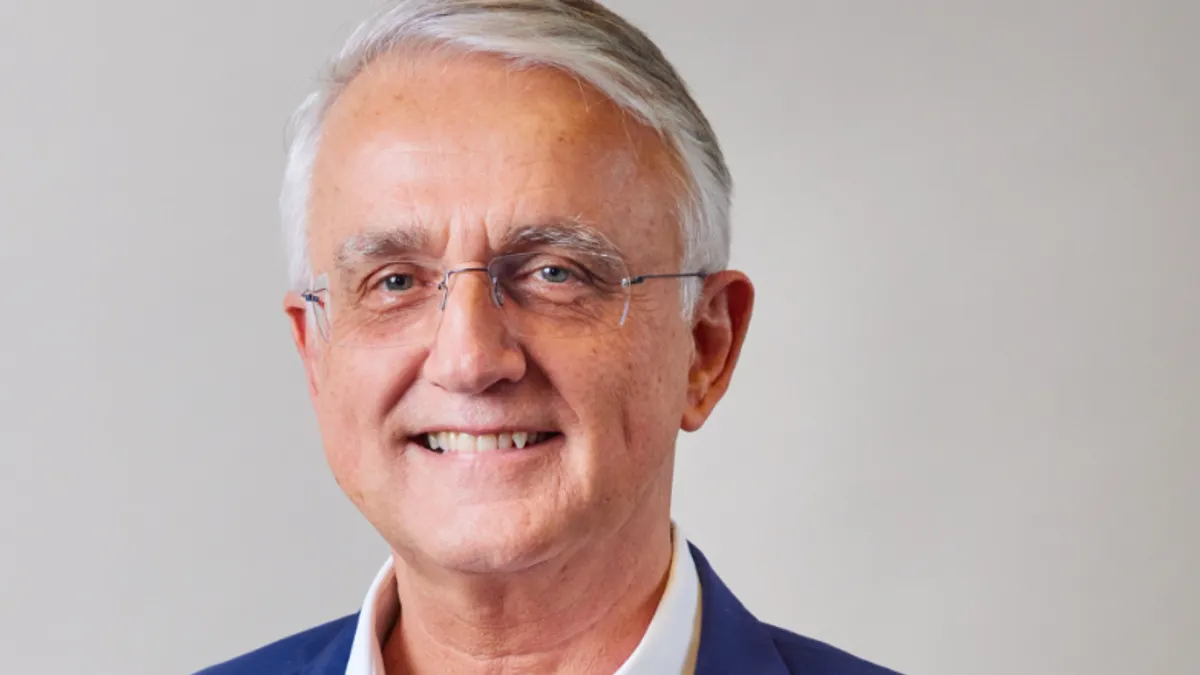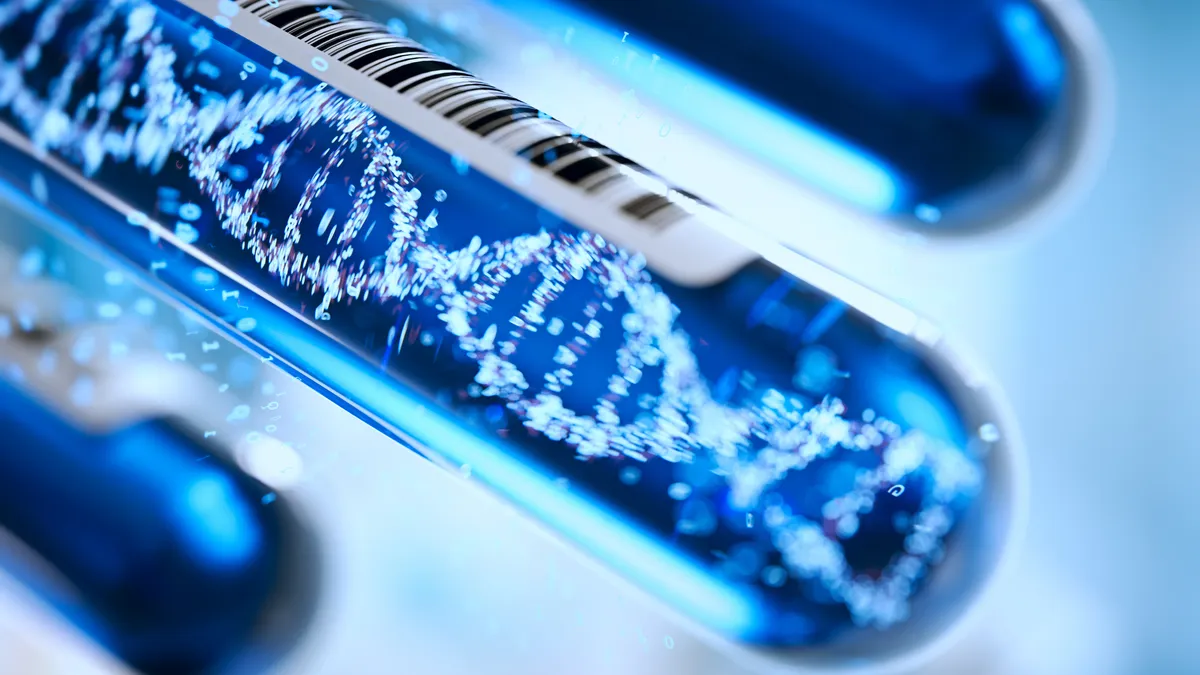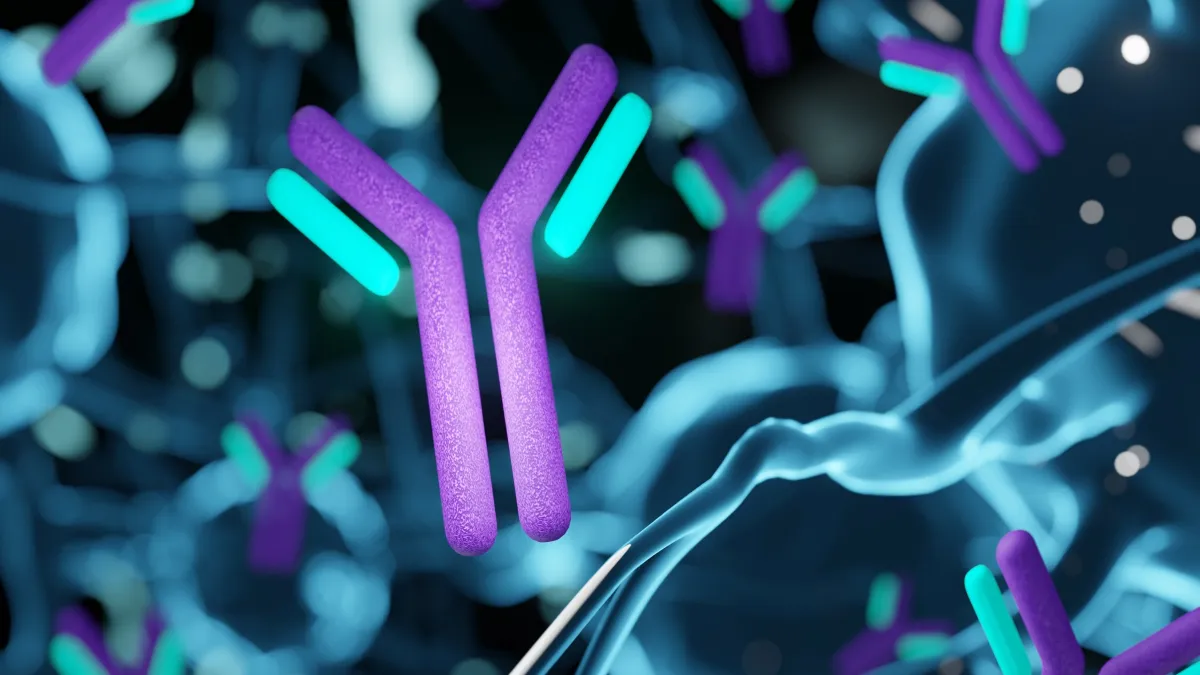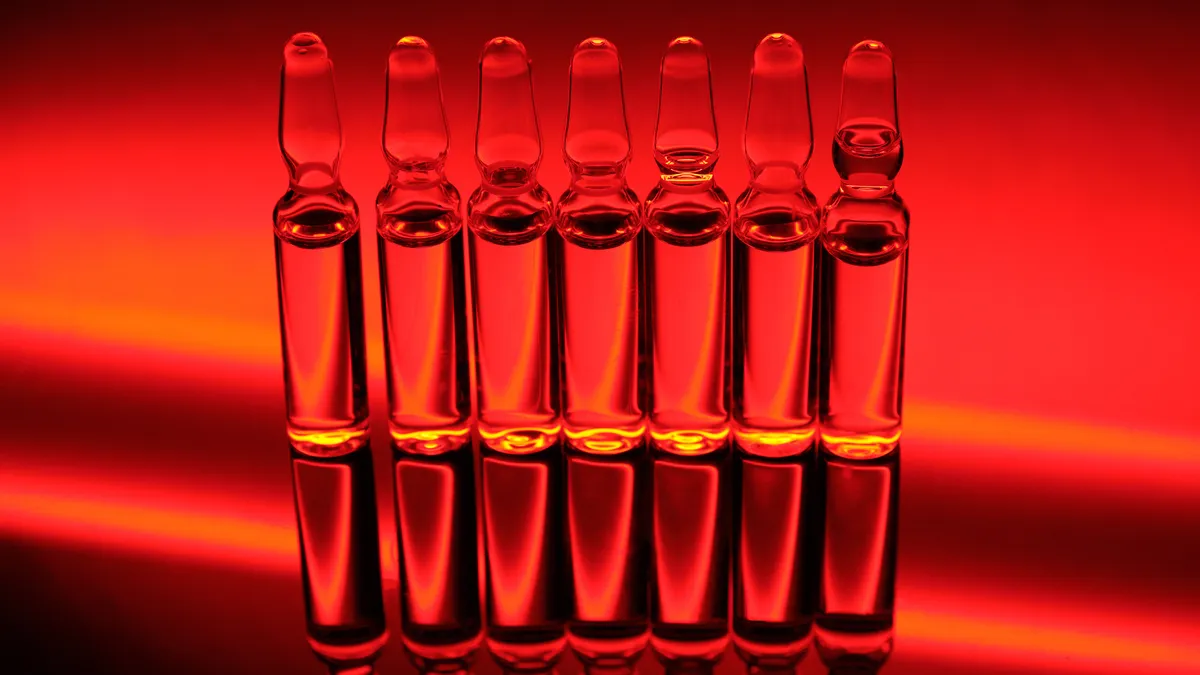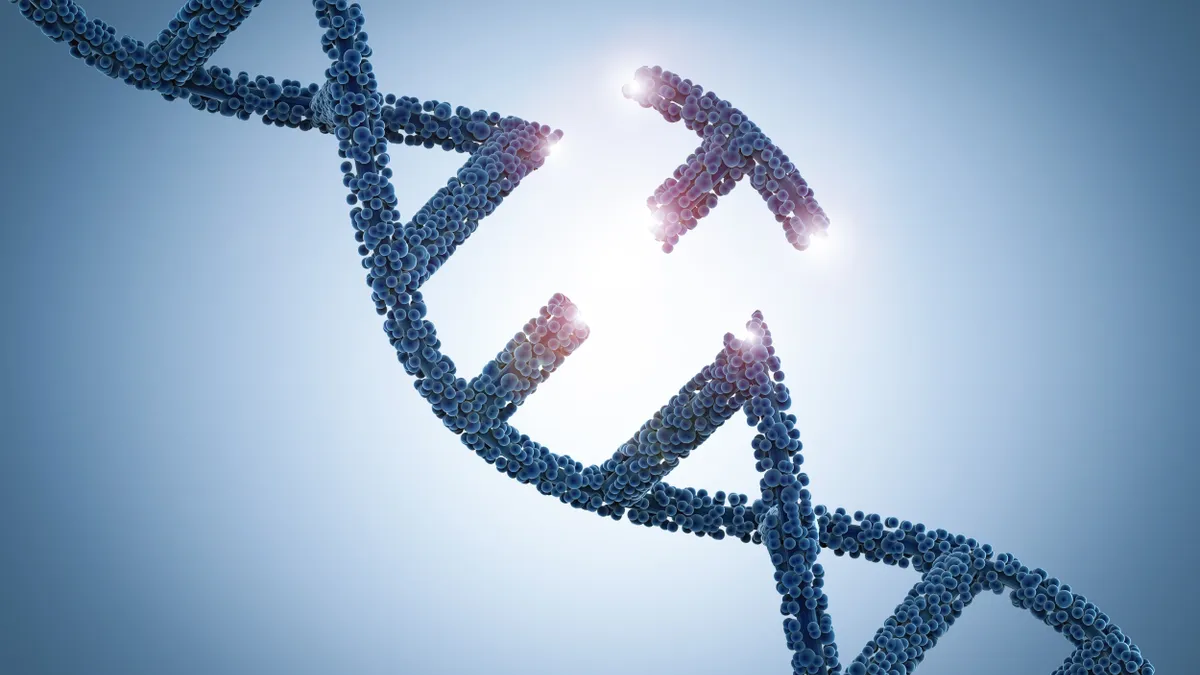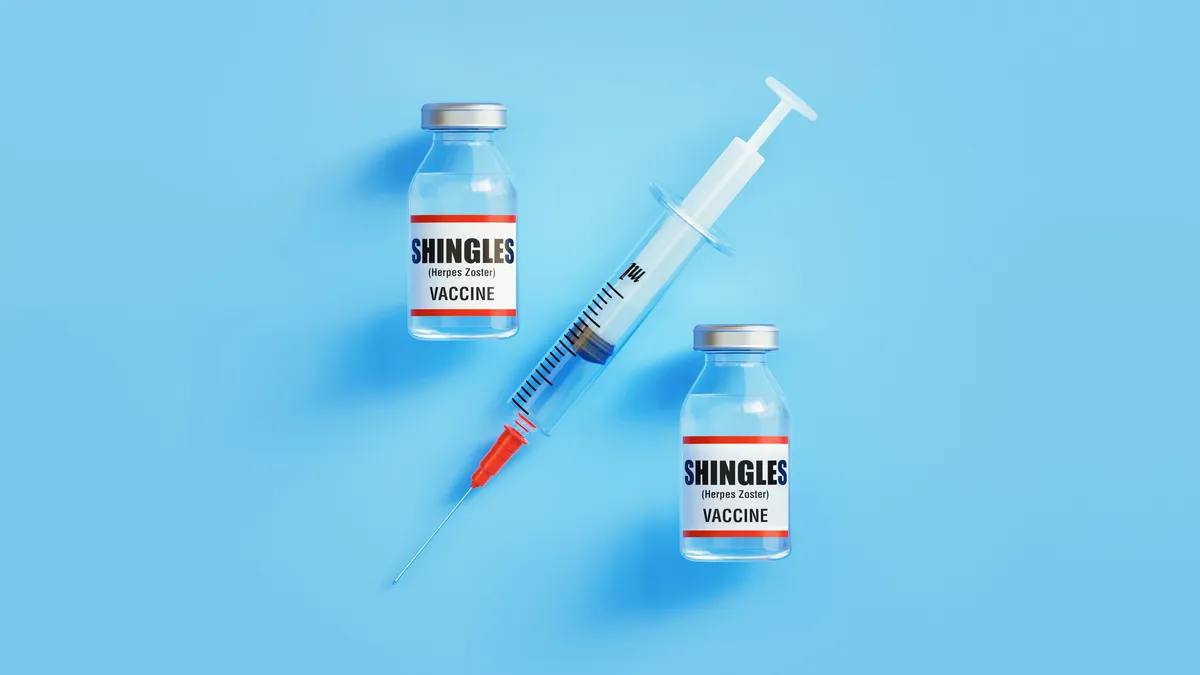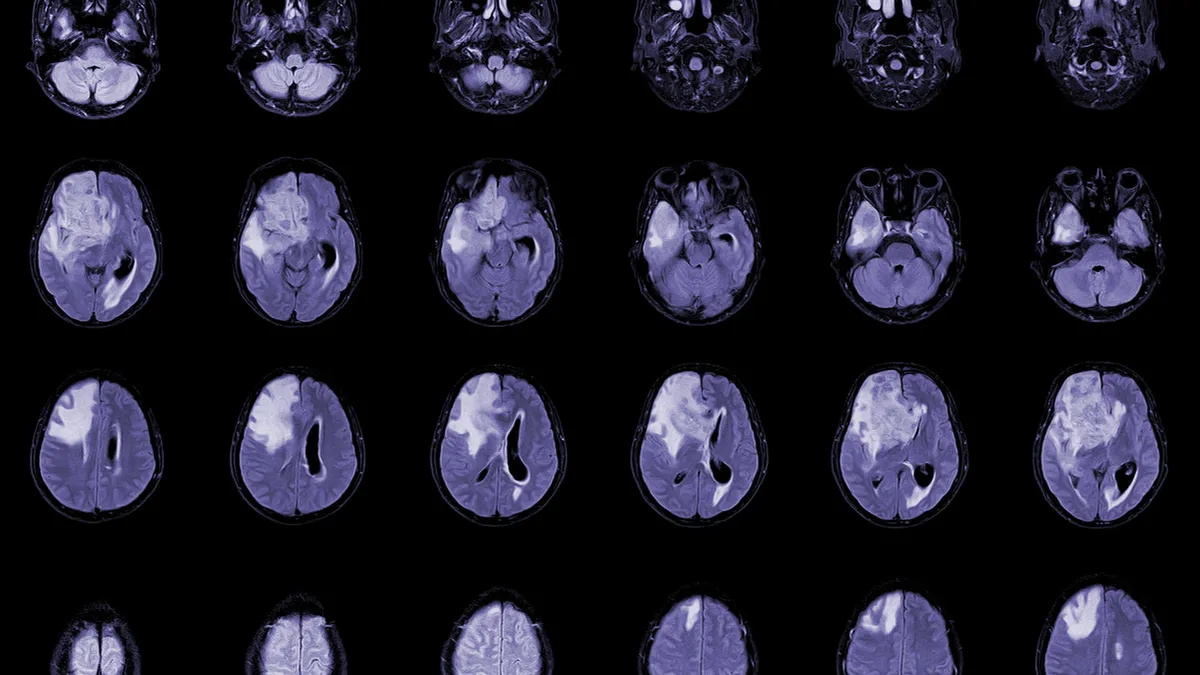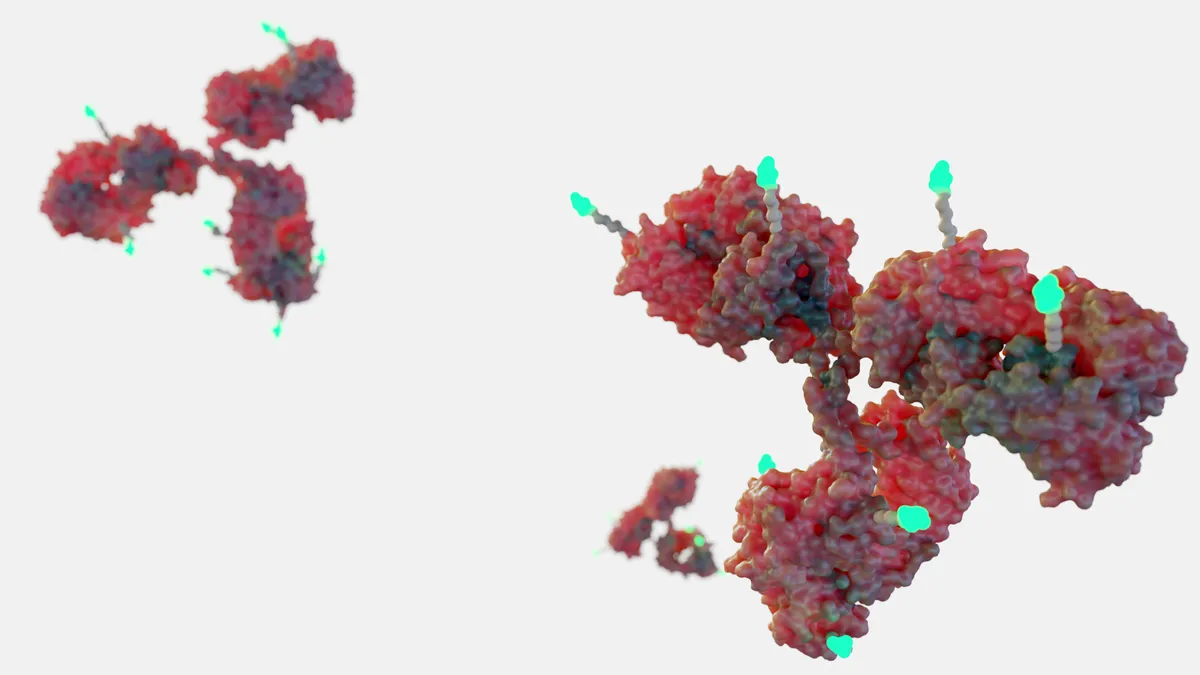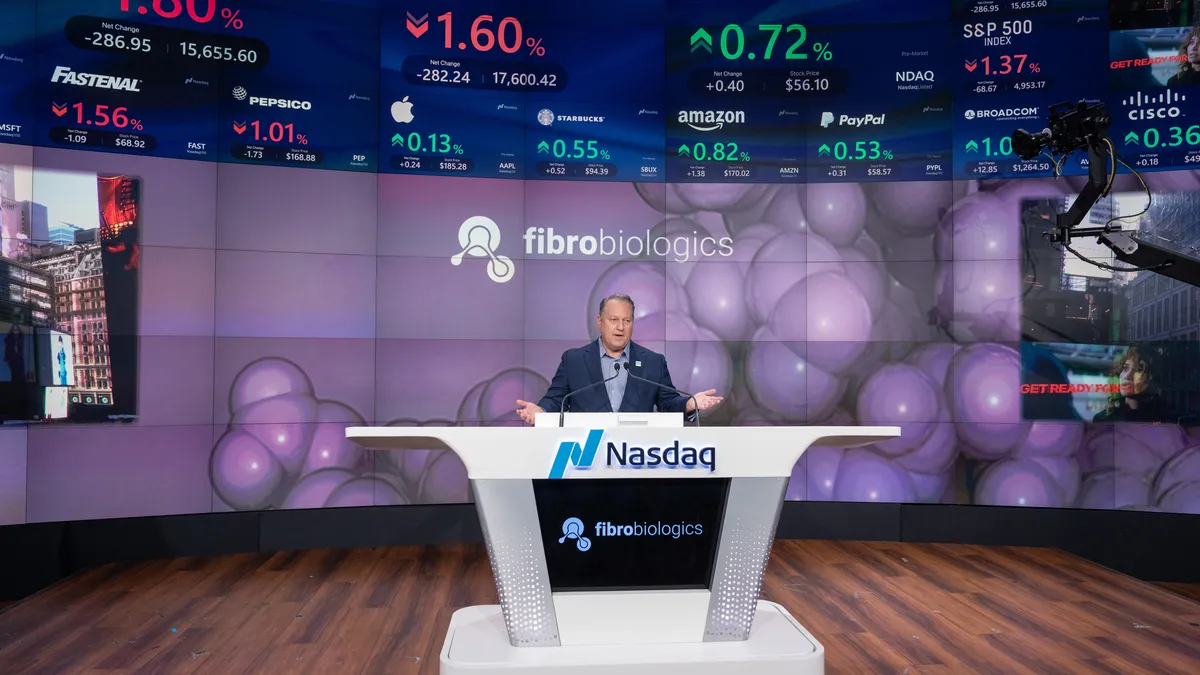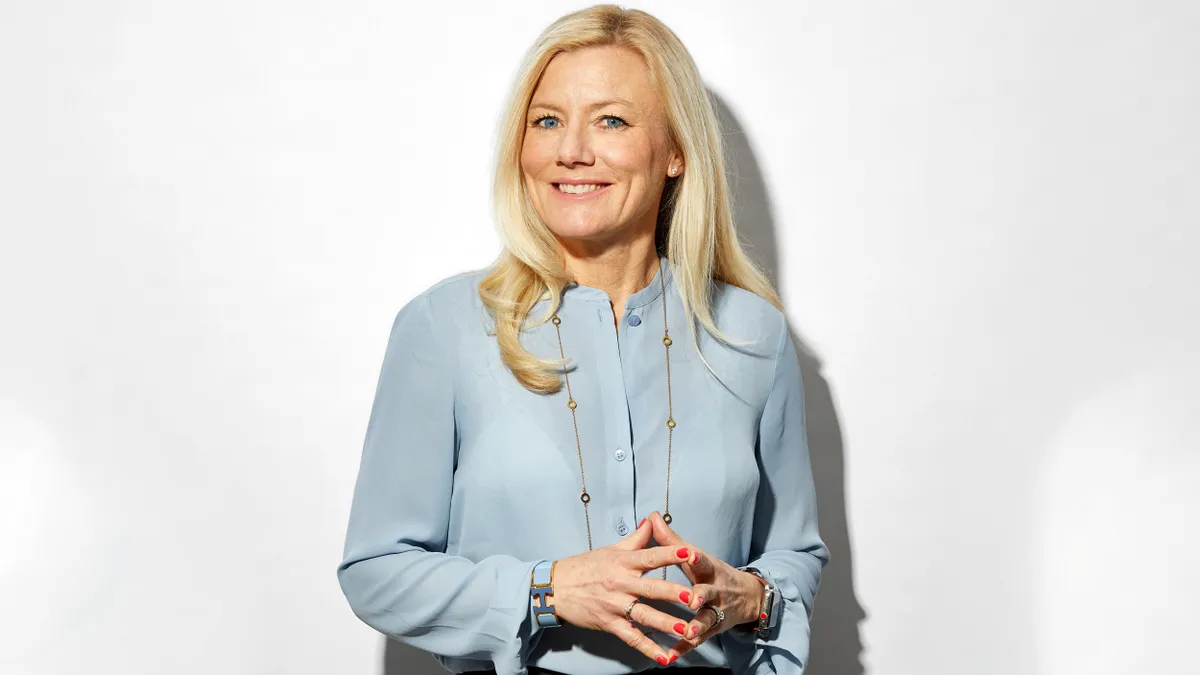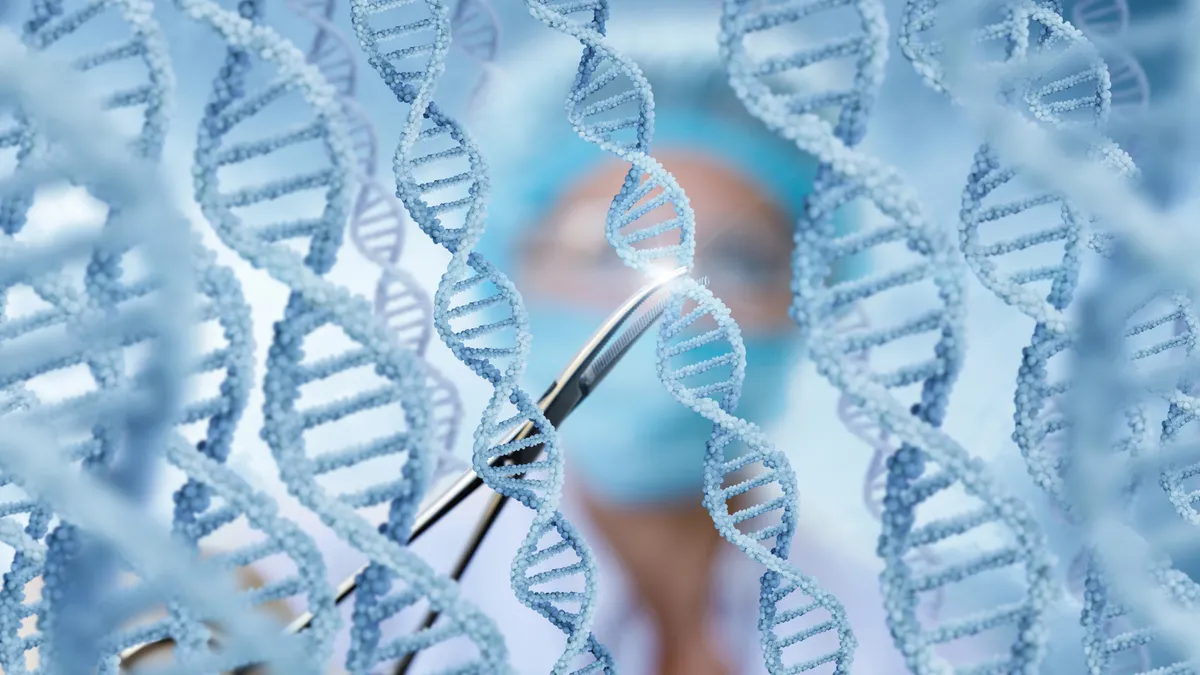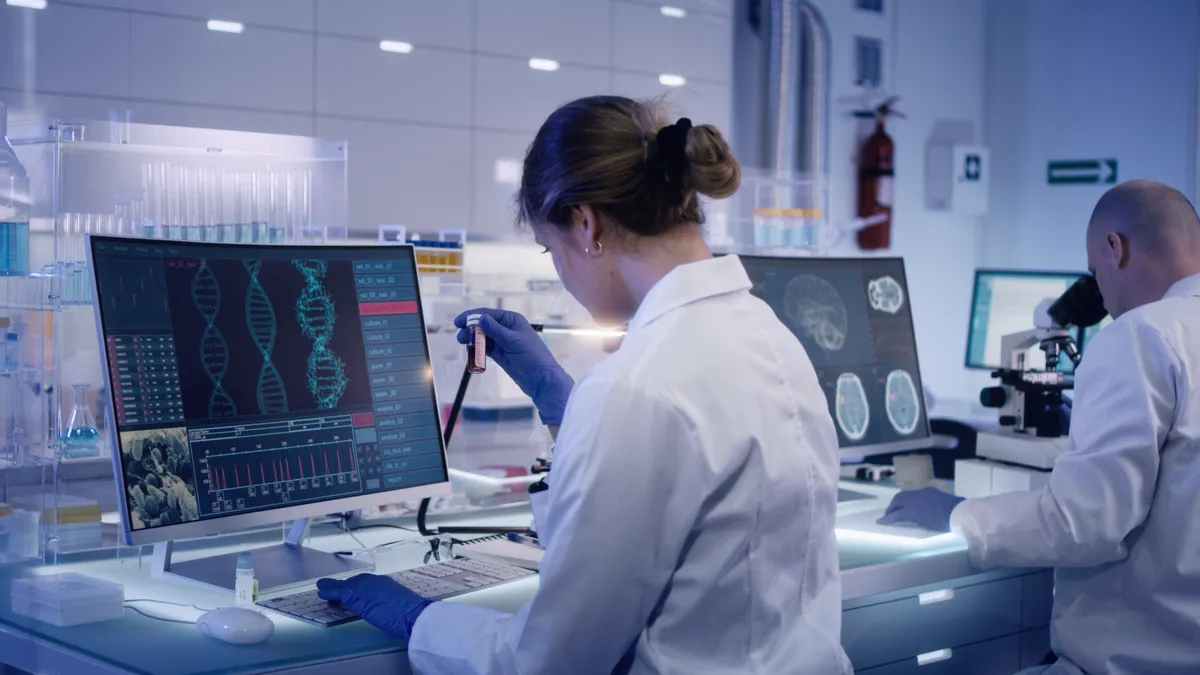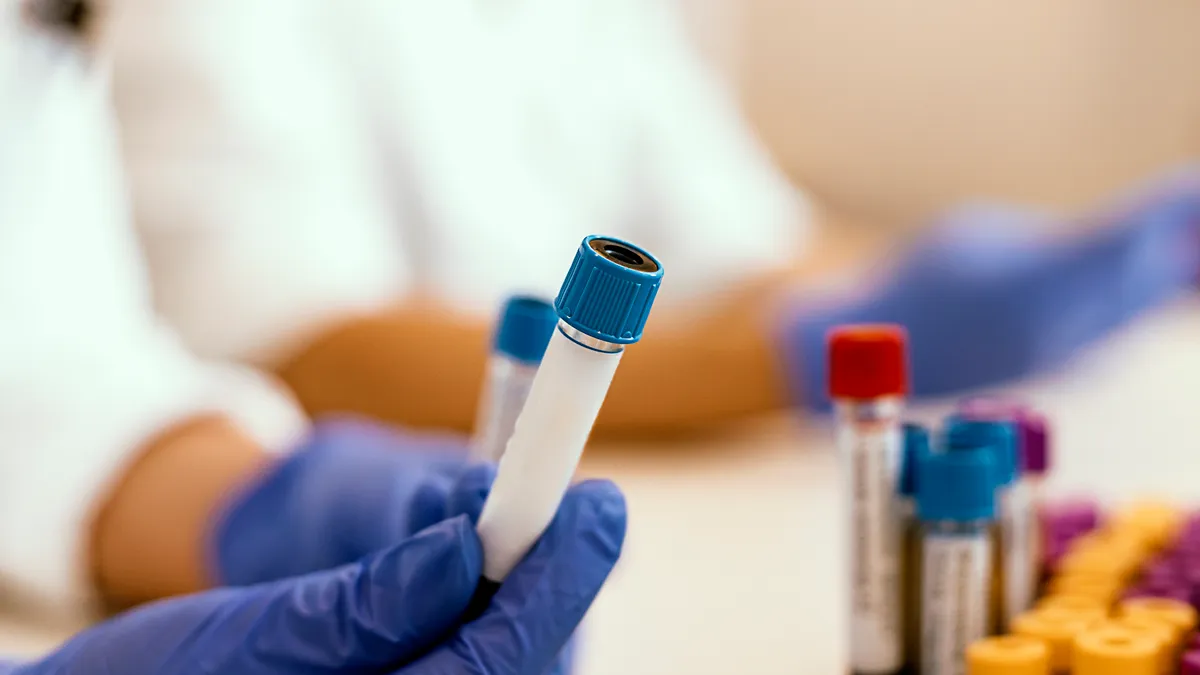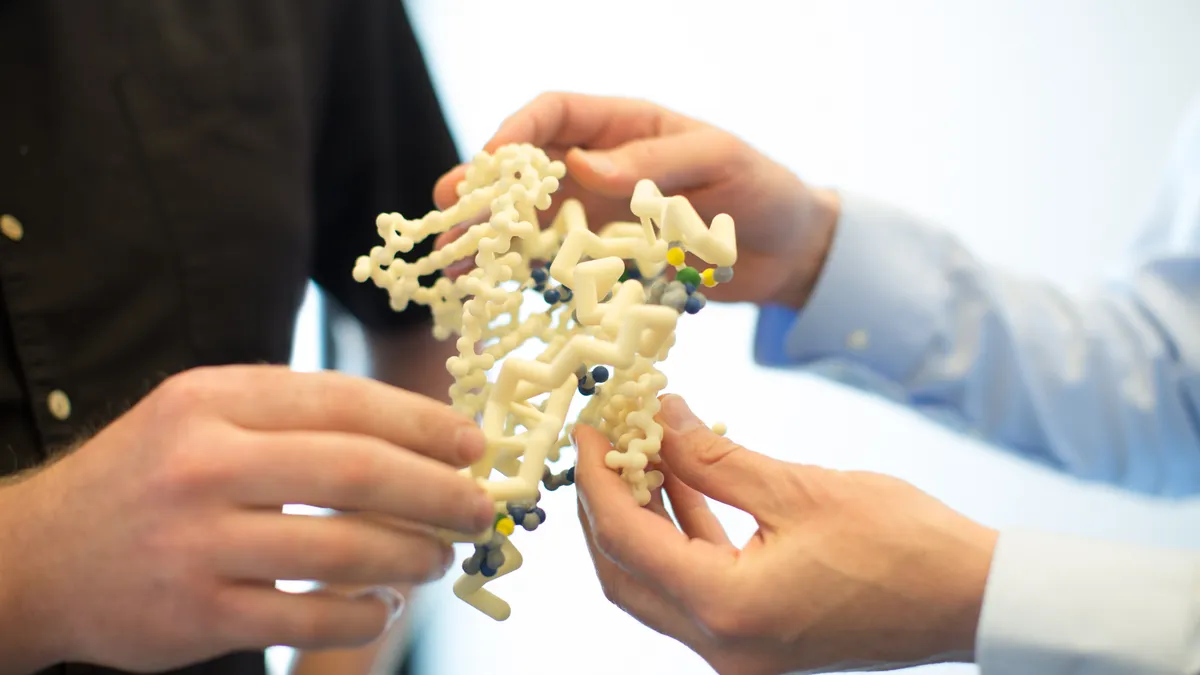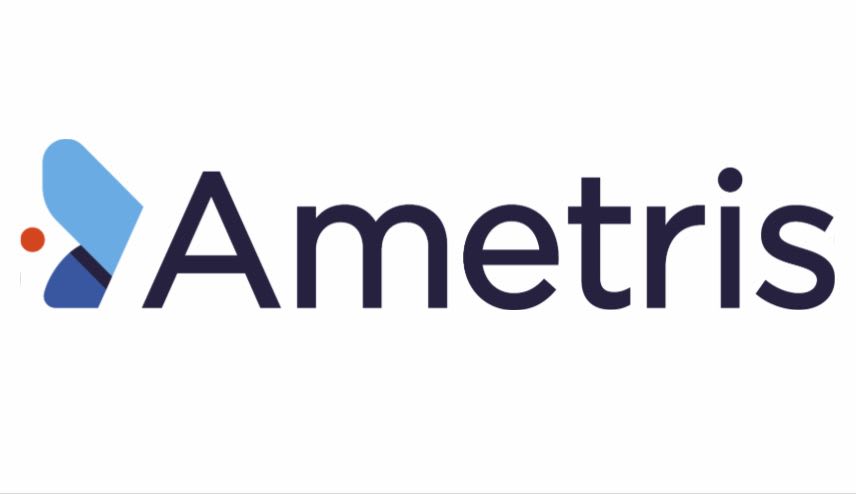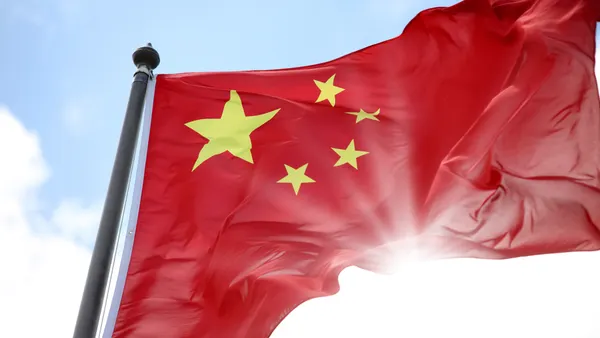Welcome to today’s Biotech Spotlight, a series featuring companies that are creating breakthrough technologies and products. Today, we’re looking at HDT Bio, which is harnessing the power of RNA technology to create potent and less expensive vaccines to fight infectious diseases and cancer.

In focus with: Steve Reed, CEO, co-founder, HDT Bio
HDT Bio’s vision: mRNA has already proved its worth in the fight against infectious diseases. Now Seattle-based HDT Bio is working on a next-generation RNA technology to fight cancer and infectious disease that it said is cheaper, easier to manufacture and transport and even safer than current mRNA vaccines.
HDT Bio’s AMPLIFY vaccine platform combines self-amplifying replicon RNA (repRNA) and a unique nanocarrier to ferry it into the cells, instead of the lipid nanoparticle used in approved mRNA vaccines. Unlike approved mRNA vaccines that have to be stored at extremely low temperatures, HDT Bio’s formulation can be freeze-dried and kept in standard refrigerators, which may allow the company to achieve its goal of deploying vaccines globally, increasing access to underserved populations.
Why it matters: mRNA technology has been a hot area of research since COVID-19 vaccines rode to the rescue during the pandemic. Pharma’s interest in cancer-fighting mRNA vaccines has more than doubled in recent years, according to a recent IQVIA report. While the current mRNA shots from Pfizer and Moderna likely prevented some 18 million hospitalizations and prevented 3 million deaths, they have drawbacks that HDT Bio hopes to solve with its lower-dose formulation and platform.
“It’s much safer than the flu vaccine you get every year."

Steve Reed
CEO, co-founder, HDT Bio
By the time the pandemic began in 2020, HDT Bio had already been working on their RNA technology for five years, creating a new type of nanoparticle they call LION or localizing cationic nanocarrier formulation, which transports a tiny amount of repRNA that attaches to its surface. When repRNA reaches its target, it replicates for a few days, amplifying the immune response before the body eliminates it. A recent study in mice found that the vaccine only triggers a local reaction, not the system-wide inflammation induced by a similar repRNA vaccine using a lipid nanoparticle.
“It has a great deal of safety advantage in terms of being retained locally upon injection and not spreading around the body as is seen with so-called traditional RNA vaccines,” Reed said.
The first of its kind: In 2022, the company’s COVID vaccine, HGC019, became the first authorized repRNA vaccine through a partnership with an India-based biotech, Genova Biopharmaceuticals, Inc. Genova moved the vaccine through clinical trials to receive emergency use authorization, and is seeking commercial approval in India under the name GEMCOVAC-19. The vaccine produced mild side effects in clinical trials an no serious adverse events, including cases of myocarditis and pericarditis, inflammatory heart conditions that are rarely triggered by approved mRNA vaccines.
“It’s much safer than the flu vaccine you get every year,” Reed said.
COVID vaccines using HDT Bio’s technology are also in clinical trials in Brazil, South Korea and the U.S., and its work is focused on other targets as well.
“We have two molecules in the pipeline, one for anti-tumor and one anti-viral. The anti-viral just got new funding from the Department of Defense and we're moving quite rapidly on that,” Reed said. “We're working with University of Washington scientists who have shown that this molecule can inhibit many viruses including HIV, influenza, dengue, yellow fever, COVID-19 and hepatitis. So, it's a very interesting molecule. And what it lacked for many years was a way to delivered safely and effectively and that's what we have contributed.”
HDT Bio is working on mRNA vaccines to both prevent and treat cancer and its AMPLIFY platform is also the exclusive vaccine platform used by the PREVENT Cancer Program at the National Cancer Institute. The company’s current targets include prostate, breast, colorectal and pancreatic cancers. HDT Bio also wants to improve solid tumor treatment with early-stage junction openers — drugs that can create pathways into tumors allowing cancer-fighting drugs deeper penetration.
Reed said that the company is poised to make good progress in the next few years.
“In the next five years, I predict we'll have at least two new vaccines that are actually approved using the new technology,” Reed said. “And we'll have several phase 2 clinical trials in oncology.”


